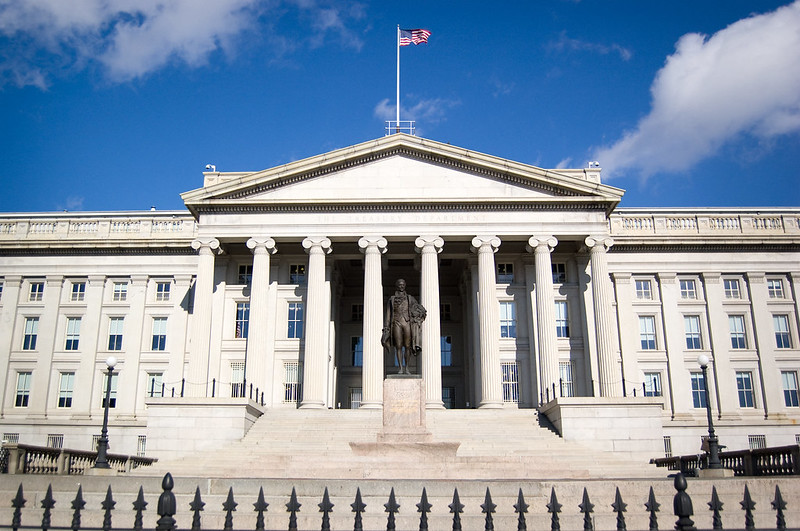
President Biden’s Treasury Department released new guidance this week that further politicizes global investment in energy projects by discouraging capital flow to oil, natural gas and coal projects in developing nations.
The Treasury Department, which manages the United States’ participation in multilateral development banks (MDBs), released guidance establishing “a clear path to end Multilateral Development Banks’ support for fossil fuels,” according to a statement from Treasury Secretary Janet Yellen. The guidance encourages MDBs to oppose direct investment in coal and oil projects while outlining a “narrow support for natural gas.”
Currently, the United States participates in and donates to five MDBs: the World Bank; the Inter-American Development Bank; the European Bank for Reconstruction and Development; the Asian Development Bank; and the African Development Bank. The MDBs offer grants and loans to finance large infrastructure projects for developing countries.
According to the Treasury Department, the guidance was released pursuant to Biden’s executive order on “Tackling the Climate Crisis at Home and Abroad.” The EO directed the Secretary of the Treasury to “develop a strategy for how the voice and vote of the United States can be used in international financial institutions, including the World Bank Group” to pursue “the goals of the Paris Agreement.”
In response to the EO, the guidance notably rejects support for natural gas exploration projects and outlines strict criteria that have to be met in order to finance midstream and downstream natural gas projects. For example, the MDBs must prove that “no economically and technically feasible clean energy alternative” to natural gas. The project must also be aligned with “the goals of the Paris Agreement.”
The guidance issued by Treasury seemingly contradicts assurances given this week by Biden “Climate Czar” Gina McCarthy that the Biden administration is committed to an “all of the above” energy agenda and would not pick winners and losers.
When considering future appropriations for MDBs, Congress should abstain from picking winners and losers. Taxpayer dollars used to develop energy projects abroad should be granted based solely upon the merits of the individual project. Developing nations that need access to affordable and reliable energy sources should be able to develop projects that are the most feasible and cost-effective regardless of political preferences.
Politicizing energy infrastructure in foreign countries is burdensome government intervention. Instead, the Biden administration should leave private capital to find the best way to bring long-lasting power to individuals around the world.

